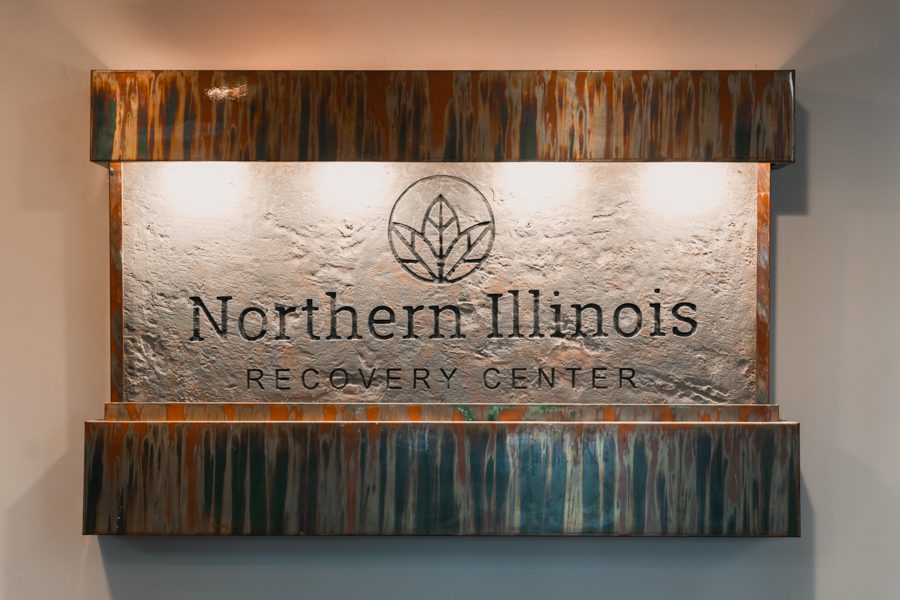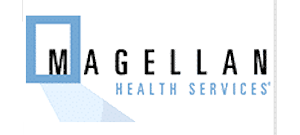The demand for drug rehab services in Buffalo Grove has been on the rise. At Northern Illinois Recovery Addiction Treatment Center, we provide customized evidence-based treatment programs for individuals with addiction and mental health issues near Buffalo Grove.
It can be challenging to find the right professional help if you or your loved one is grappling with a substance use disorder. There are some essential factors to consider to achieve long-term recovery.
The community has recognized the need for effective intervention and support systems to address addiction. Local healthcare providers, community organizations, and law enforcement agencies have been working together to provide resources and support to individuals and families affected by substance abuse.
Northern Illinois Recovery Center, about 30 minutes from Buffalo Grove, proudly supports this community. If you have questions about the areas we serve or are looking for help with addiction treatment, give us a call today.
Alcohol and Drug Addiction Treatment Programs in Illinois
The first step in many recovery journeys, drug and alcohol detox helps individuals safely withdraw from substances under medical supervision. This level is critical for managing withdrawal symptoms and preparing individuals for further treatment.
This level of care provides individuals with 24-hour support in a structured environment. Inpatient rehab programs are designed for those who need a stable and substance-free environment to focus on their recovery, offering intensive therapy and counseling.
PHP serves as a bridge between inpatient treatment and outpatient care. Clients participate in full days of treatment, similar to an inpatient program, but return home in the evenings. It’s suitable for those who need significant support but have a stable living situation.
IOP allows individuals to live at home while attending treatment sessions several days a week for multiple hours at a time. This level of care is designed for those who are transitioning from more intensive programs or who need more support than traditional outpatient services.
Outpatient treatment offers flexibility for individuals to receive therapy and support while integrating their recovery into daily life. This level is ideal for those with work or family commitments and a strong support system.
The road to recovery does not often end with drug detox and residential rehab programs. It involves receiving support through aftercare services that may include:
- Post-rehab phone-based care
- Apps to help you keep in touch and support recovery
- A link to self-support and alumni groups, such as Alcoholics Anonymous (AA) and 12-Step programs
- Sober living homes
- Ongoing therapy programs
Aftercare services allow you to create strategies to help prevent relapse and develop coping skills after drug rehab.

Licensing and Accreditation
Both organizations base their accreditation on factors such as the rehab’s value of the service, demonstrated outcomes, and performance standards.
Besides accreditation, rehab programs need certification and licensing by either the state or federal government. It is a way of ensuring that the consumers get value for their money and are protected.
The licensing and credentials of staff members are equally important. People who offer drug treatment services need relevant academic qualifications and experience to provide the best care for their clients. Such certifications guarantee that the rehab staff will deliver care that meets both state and national set standards.
Multidisciplinary Treatment Team
As such, an effective drug treatment program brings a mix of professionals on board to design an individualized treatment plan. A multidisciplinary team might consist of professionals from various fields, such as:
- Physicians
- Nurses
- Fitness and wellness experts
- Nutritionists
- Psychiatrists
- Chemical dependency therapists
Treatment Approach in Drug and Alcohol Treatment Centers
In many cases, rehab facilities do not offer the entire treatment plan in mixed groups. Therapists prefer to customize care according to the individual needs of their clients. Rehab centers offer programs like teen-specific care, gender-specific treatment, and specialized care.
Importance of Treating Co-Occurring Disorders
NIRC adopts an integrated treatment approach, which is considered best practice for co-occurring disorders. This means that the same team of therapists, psychiatrists, and medical professionals work together to provide a unified treatment plan that addresses both mental health and substance use disorders. An integrated approach ensures that treatment is seamless and cohesive, rather than treating each disorder in isolation.
Understanding that each individual’s experience with co-occurring disorders is unique, NIRC probably emphasizes personalized treatment plans. These plans are tailored to the specific needs, symptoms, and circumstances of each client, incorporating a variety of therapeutic modalities and interventions designed to target both the substance use and mental health aspects of their condition.
The treatment of co-occurring disorders at NIRC involves evidence-based therapies that are effective for both addiction and mental health issues. This includes cognitive-behavioral therapy (CBT) for addressing patterns of thought and behavior, dialectical behavior therapy (DBT) for emotional regulation and distress tolerance, and motivational interviewing to enhance motivation for change. These therapies are adapted to address the complexities of many mental health disorders.
For some individuals with co-occurring disorders, medication-assisted treatment may be appropriate. MAT can help manage withdrawal symptoms, reduce cravings, and treat mental health conditions such as depression, anxiety, or bipolar disorder. Any medication strategy would be closely monitored by medical professionals to ensure its effectiveness and adjust as necessary based on the individual’s progress.
Recognizing the importance of holistic health, NIRC also offers supportive therapies and activities designed to promote overall well-being, such as mindfulness and stress management techniques, nutritional counseling, physical fitness programs, and peer support groups. These elements complement the more clinical aspects of treatment and support a holistic approach to recovery.
Insurance Verification










